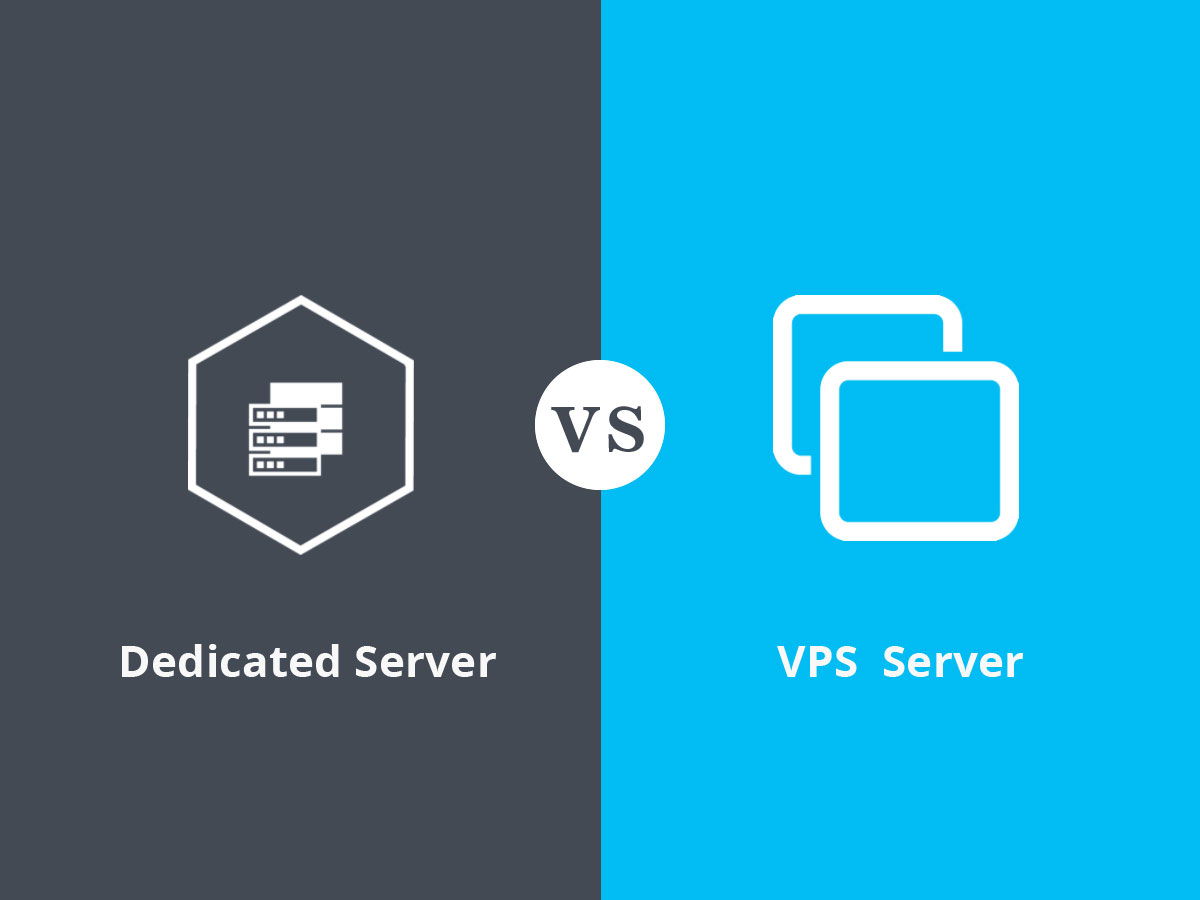As your online business grows, choosing the right hosting solution becomes critical. One option that strikes a balance between cost and performance is Virtual Private Server (VPS) hosting. Unlike shared hosting, where multiple websites share the same server resources, VPS hosting provides a dedicated portion of a physical server’s resources. This separation ensures your website’s performance remains unaffected by others on the same server.
VPS hosting offers several benefits, including enhanced security, improved performance, and greater control over your server environment. With the ability to customize software and configure settings, VPS hosting allows businesses to tailor their hosting environment to their specific needs.
One of the most significant advantages of VPS hosting is scalability. As your website grows and traffic increases, you can easily scale your resources without the downtime associated with upgrading from shared hosting to a more robust solution. This flexibility is crucial for businesses looking to grow steadily without encountering performance bottlenecks.
Security is another key benefit. With VPS hosting, your website operates in an isolated environment, which reduces the risk of security breaches affecting your data. Furthermore, you have the ability to implement advanced security measures that meet your business’s specific requirements.
While VPS hosting costs more than shared hosting, it is still more affordable than dedicated hosting, making it an excellent choice for growing businesses that need more power and flexibility without the expense of a dedicated server.
VPS Hosting: Types, Benefits, and Essential Insights
As your online business expands, the need for a reliable and scalable hosting solution becomes crucial. Virtual Private Server (VPS) hosting stands out as an effective middle ground between shared hosting and dedicated servers. It offers improved performance, security, and customization options, ensuring your website can handle increased traffic and complexity.
Types of VPS Hosting
1. Managed VPS Hosting: Ideal for those who prefer their hosting provider to handle server management, security updates, and maintenance. This option is perfect for businesses without dedicated IT staff.
2. Unmanaged VPS Hosting: For those with technical expertise, unmanaged VPS offers full control over the server. You’re responsible for maintaining the server, making it a good option for developers or businesses with a dedicated IT team.
3. Cloud VPS Hosting: This type of VPS uses multiple servers to balance the load and maximize uptime. It’s highly scalable and perfect for businesses that expect traffic fluctuations.
4. SSD VPS Hosting: Utilizing Solid State Drives (SSDs) instead of traditional Hard Disk Drives (HDDs), SSD VPS hosting offers faster data retrieval and improved performance. This option is particularly beneficial for businesses that require speed and efficiency.
Benefits of VPS Hosting
1. Enhanced Performance: VPS hosting guarantees a portion of the server’s resources, ensuring consistent performance even during traffic spikes.
2. Improved Security: The isolated environment of VPS hosting reduces the risk of data breaches and allows for custom security measures.
3. Scalability: As your business grows, VPS hosting allows you to easily scale your resources without downtime.
4. Cost-Effective: While more expensive than shared hosting, VPS hosting is more affordable than dedicated hosting, providing a balance between cost and resources.
5. Customization: VPS hosting allows full control over the server environment, including the ability to install custom software and configure settings to suit your business needs.
Frequently Asked Questions (FAQs)
Q1: Is VPS hosting better than shared hosting?
A: Yes, VPS hosting offers better performance, security, and control compared to shared hosting, making it ideal for growing businesses.
Q2: Can I upgrade from shared hosting to VPS?
A: Absolutely! VPS hosting is a great step up from shared hosting, providing more resources and flexibility.
Q3: How much technical knowledge is required for VPS hosting?
A: Managed VPS requires minimal technical knowledge, while unmanaged VPS is suited for those with server management expertise.
Q4: Is SSD VPS hosting worth it?
A: Yes, SSD VPS hosting offers faster data access speeds and better performance, which is crucial for websites that need quick loading times.
Choosing the right VPS hosting type can significantly impact your online business’s performance and growth, so consider your specific needs and technical capabilities when making your decision.
In summary, VPS hosting is an ideal solution for online businesses that have outgrown shared hosting but are not yet ready for the complexity and cost of dedicated hosting. It provides the perfect blend of performance, security, and scalability, ensuring that your website can handle increased traffic and demand as your business expands.



